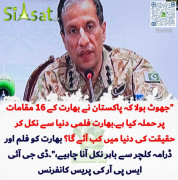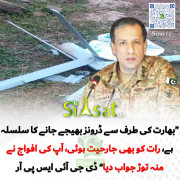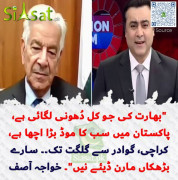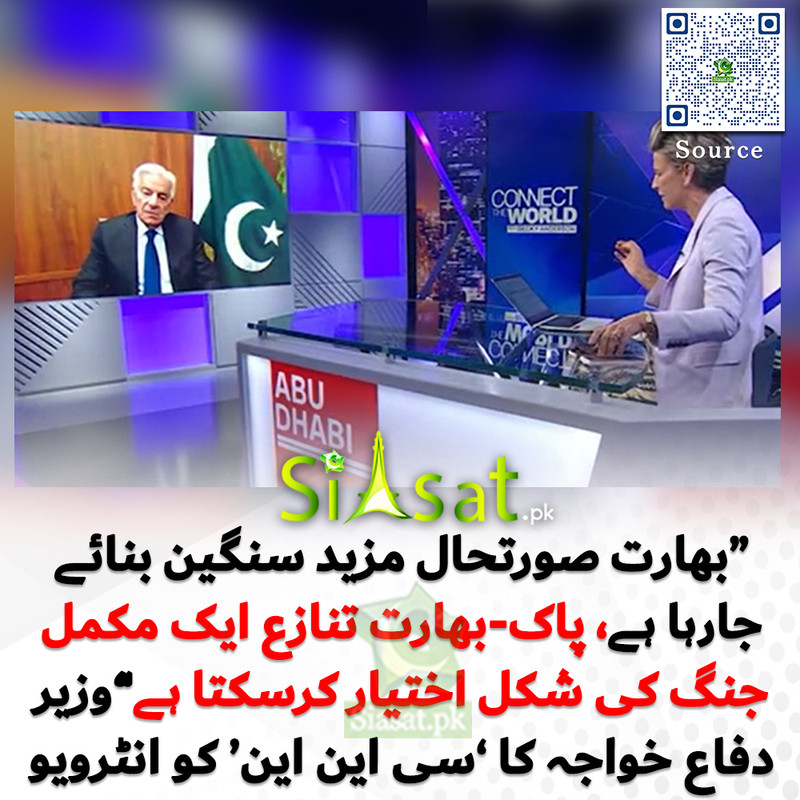An essential quality of Muslims
(In the name of God, the Lord of Grace, the Ever Merciful)
Whatever you are given is but for the enjoyment of life in this world, but that which is with God is much better and more enduring. (It shall be given) to those who believe and place their trust in their Lord; who shun grave sins and gross indecencies; and who, when angered, will forgive; who respond to their Lord, attend regularly to their prayer, conduct their affairs by mutual consultation, and give generously out of what We have provided for them. (Consultation, Al-Shura, 42: 36-38)
We continue our discussion of the basic qualities of the community that chooses to conduct its life on the basis of true belief in God as outlined by Islam. We already mentioned that consultation is an intrinsic quality of this community. This is the reason for giving this characteristic prominence in this surah, which was revealed in Makkah, long before the establishment of the first Islamic society.
We note that the fact that Muslims attend to their prayers is immediately followed, in this instance, by the quality of consultation within the Muslim community, giving it precedence over the payment of zakat which is normally mentioned together with prayer. Thus, believers conduct their affairs by mutual consultation. As it is phrased, the statement makes consultation a characteristic that pervades every aspect of their lives. As we have already said, this is a Makkan statement made long before the establishment of the Islamic state. This means that this quality is characteristic of the Muslim community in all situations, even though no state or government had as then been established. In fact, the state is only a natural by-product of the Muslim community and its intrinsic qualities. The Muslim community incorporates the state and together they ensure the implementation of the Islamic code of life both at individual and society levels.
For this reason, consultation was an early quality of the Muslim community and applied to a far greater area than the political arena. It is an essential aspect of Islamic life and a distinctive quality of the community entrusted with the role of leading mankind. Needless to say, it is a fundamental quality of sound leadership.
The way to conduct consultation is left for every generation and environment to decide. It is not cast in a rigid form that must always be followed. No Islamic system is outlined in a text that must be literally followed or set in a particular model that cannot be modified. They are first and foremost a product of a process that begins with the truth of faith taking root in mans heart so as to mould his thought and behavior. Discussion about the details of an Islamic system while giving little attention to the truth of faith that gives rise to them is a futile exercise. What we are saying here may appear to anyone who is unaware of the truth of Islamic faith a theoretical discourse without firm basis. To suppose so is certainly wrong. A careful examination of its pure concepts of belief will show that Islam contains psychological and intellectual facts that have a profound effect on man, preparing the way to the rise of certain systems and situations in human society. The Quranic and Hadith texts then indicate the form that such systems and situations should take. Thus, the texts do not initiate the systems, but merely organize them. For any Islamic system to be established and functioning, it is necessary that a Muslim community should be in existence in which faith is actively working. Otherwise, no form is good enough to produce a system that can be described as Islamic. When a Muslim community is truly in existence, where people feel the truth of faith deep in their hearts, the Islamic system will naturally develop, taking a shape and form that suits that particular community, its environment and circumstances, working within the framework of the basic Islamic principles and effectively implementing them.
And give generously out of what We have provided for them. (Verse 38) This is again a requirement that preceded the determination of the different rates of zakat, according to the type of property held. These rates were set in the second year after the Prophet (peace be upon him) migrated to Madinah where he established the first Islamic state. However, the idea of allocating a portion of what God has given us to be spent in what serves the Islamic cause came in the early stages of the life of the Muslim community. It goes back to the early days of its inception.
For Islam to be properly advocated it is necessary that Muslims should be ready to allocate money for its cause. This purges their hearts of greed and helps them rise above the instinctive desire to own. It demonstrates their reliance on God and what He has for them. All these are necessary for faith to be complete and firmly rooted. Moreover, it is necessary for the Muslim society. To advocate Islam is to be committed to strive for its cause. It is imperative that the community should demonstrate complete solidarity in such striving, whatever the outcome. At times, such solidarity needs to be complete, leaving no one any property that is considered his own. An example of this took place in the early days of Islam, when the Makkan Muslims migrated to Madinah where they were given warm hospitality. When their situation became less acute, a permanent zakat system was put in place. Be that as it may, the very concept of spending for the cause is an essential quality of the Muslim community.
- Sadaf Farooqi































